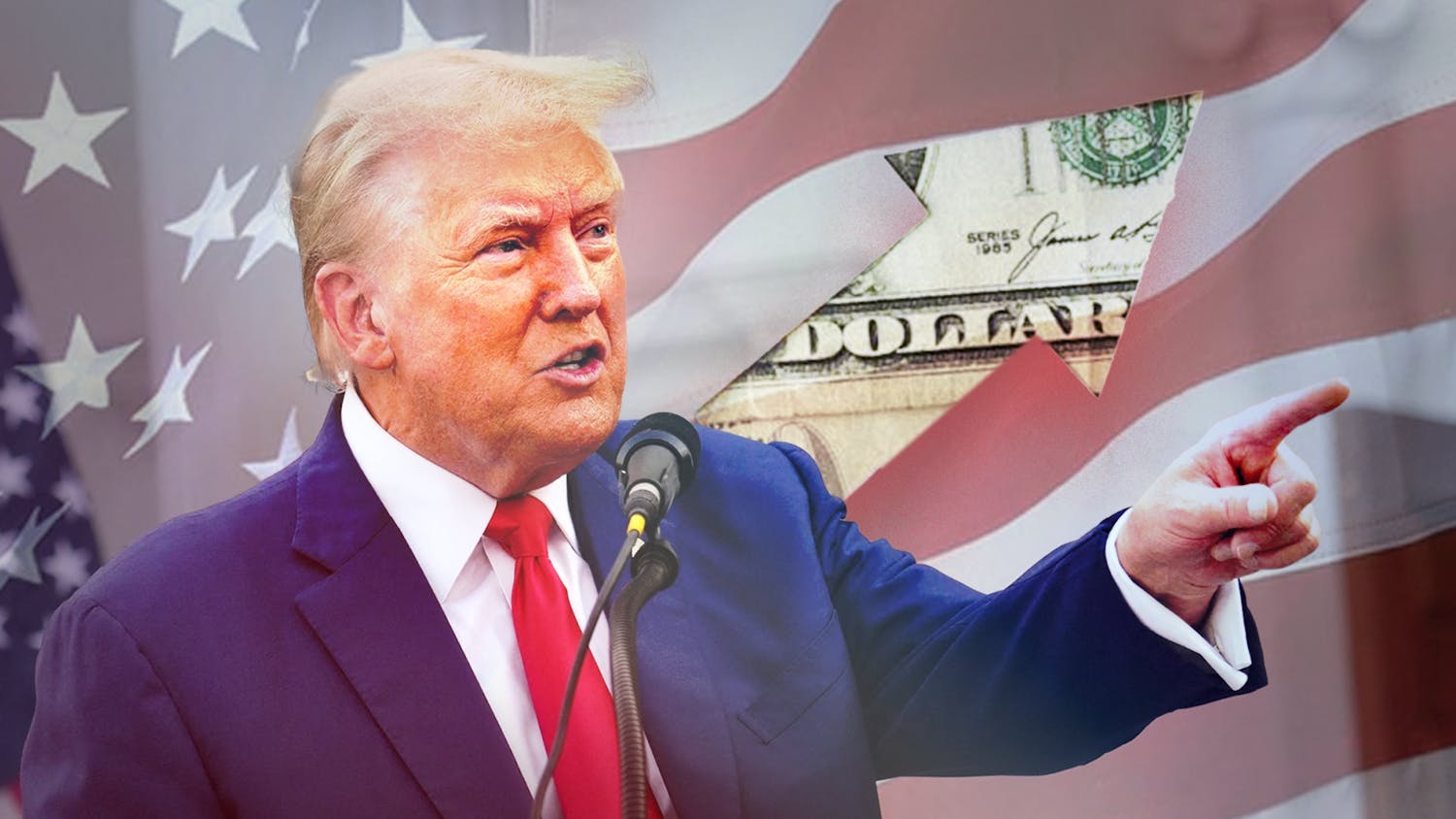Ever since the announcement of his campaign last summer, Donald Trump has been an unstoppable force in politics. Although most of his speeches are just ramblings about whatever controversial topic he feels like discussing that day, with nary a hint of a coherent policy in sight, many of his supporters like that he “speaks his mind.” Trump has had the privilege of high poll numbers and media attention despite his lack of experience in public service. But Trump’s campaign now faces a challenge that has felled many presidential campaigns in the past: the Iowa caucus.
The Iowa caucus, which is on the first of February, rarely predicts the nominee for the party, but it marks the formal start of the process by which prospective candidates are cleaned out. Candidates can no longer use polls as support when clear winners and losers begin to emerge. This is a huge issue for Trump, a man who cites his poll numbers like they are law. However, as history has illustrated time and again, the science of polling, especially during an election season, is not the most reliable. What will happen when the polls say Trump is winning, but voters in Iowa choose someone else?
During campaign season, a candidate’s ground operation in key states is just as important as a candidate’s position on issues and his or her poll numbers. Without the proper channels and influence to motivate voters to go out and vote, especially when it is not even the general election, the chances of mobilizing supporters are very slim. Campaigning is a far cry from rallies where individuals are actively seeking the opportunity to meet these political candidates and hear them speak.
According to most reports from Iowa, Donald Trump’s actual campaign is not all that well developed. If these reports are correct, it will be Ted Cruz’s campaign that looks destined to take Iowa. If this is the case, it could mean the beginning of the end of the Trump campaign.
Although the idea of Donald Trump losing support has come up after every controversial statement, this time may actually prove to be substantial. The loss of Iowa represents something much worse to the Trump campaign than controversy: defeat. As we all know, the worldview Trump so proudly espouses operates primarily by distinguishing people into two categories: winners and losers. This presents an interesting question as to what will happen when the billionaire finds himself on the wrong side of his own rhetoric. Trump can try to write off another candidate’s victory, but a caucus win in Iowa represents the support of actual people going out and voting. This is not easy to write off.
At that point, a loss for the Trump campaign would illustrate that the emperor truly has no clothes. Trump “speaking his mind” on issues is not a solution to any of the issues this country and the world are dealing with. The complex political environment we live in can no longer call for “us versus them” solutions and the painting of a broad brush of religions or minorities. This no longer is, and never has been, a successful tool in actual, substantive policymaking.
Regardless of the fate of Trump’s campaign, it will no doubt cast a long shadow on American politics. It has highlighted the establishment’s problems with effectively solving crises relevant to the American people. It has also allowed people who have no place seriously considering a presidential stint (like Carly Fiorina and Ben Carson) to share a debate stage with governors and senators. Trump will shape how politicians act for years to come, but hopefully, he won’t be one of them.
Kevin Foster is a UF political science senior. His column appears on Thursdays.





